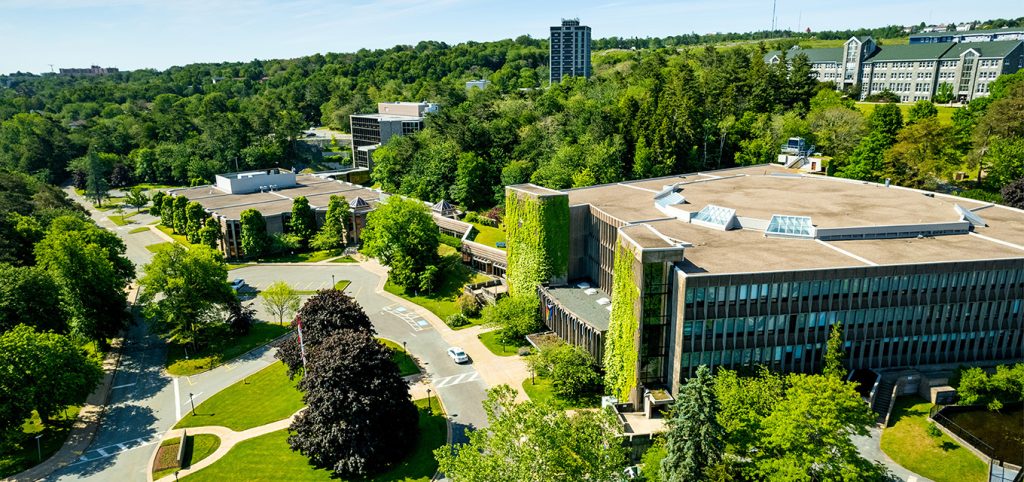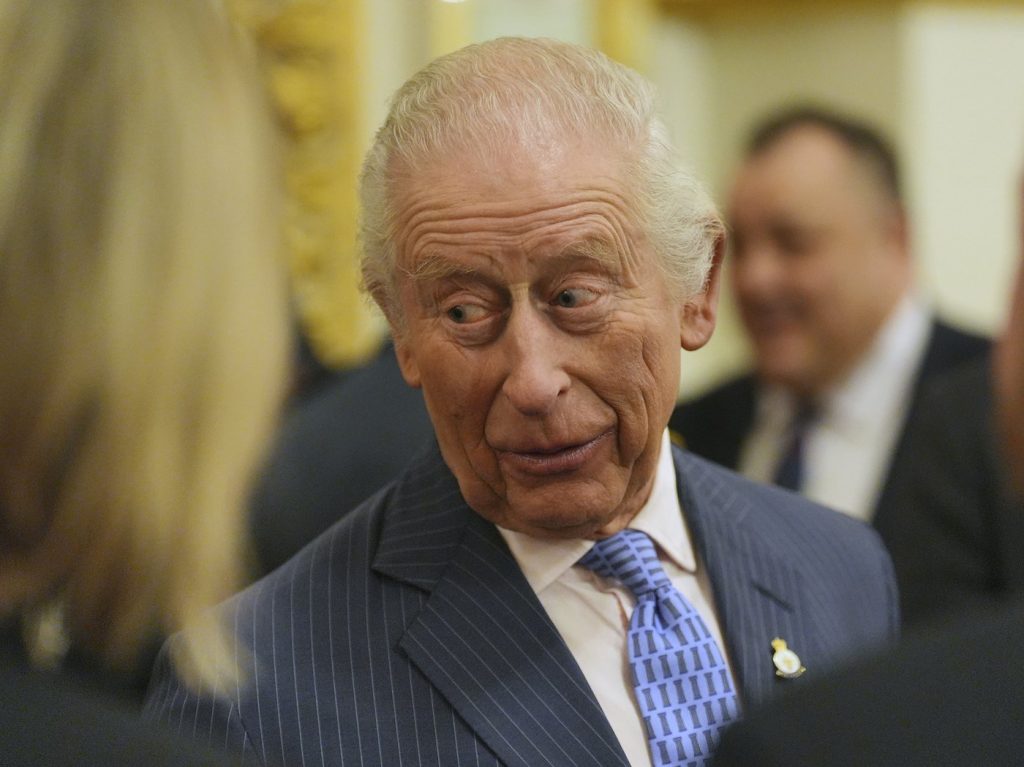Province spending millions to launch new doctoral psychology program

Posted Apr 3, 2025 05:30:00 AM.
Last Updated Apr 3, 2025 10:44:28 AM.
The provincial government announced millions of dollars in funding to train more mental health and addiction professionals at a local university.
The province says a new doctoral psychology program and training clinic, the first of its kind in Nova Scotia, will be coming to Mount Saint Vicent University — focusing on the needs of children and young people.
Nearly $8 million is going to the program, including $3.7 million from the department of advanced education to support the course and $4.2 million from the department of addictions and mental health to cover clinic construction costs.
Addictions and Mental Health Minister Brian Comer says there is a need for more child psychologists in Nova Scotia and across the country.
As part of their training, students will provide services at the new clinic, opening more access for families. Once fully staffed, that clinic is expected to see more than 200 patients every year.
MSVU president Joël Dickinson says the university is leveraging its expertise in psychology to expand much needed services.
Mental health access lacking in Canada
Inability to get needed mental health care is a reality facing many people in this country, according to The State of Mental Health in Canada 2024, a report released by the Canadian Mental Health Association.
The report says 2.5 million people can’t get the care they need, citinga variety of reasons, from unavailability of services to the out-of-pocket costs of seeing many mental health professionals whose services aren’t publicly funded.
It says 57 per cent of young people between 18 and 24 years old who have early signs of mental illness say they can’t afford to get services.
The grim findings come when the need is greatest, as overall mental health across Canada is three times worse than it was before COVID-19, the report says.
Access to care varies widely across provinces and territories, with the biggest barriers in northern and rural parts of Canada, it says.








